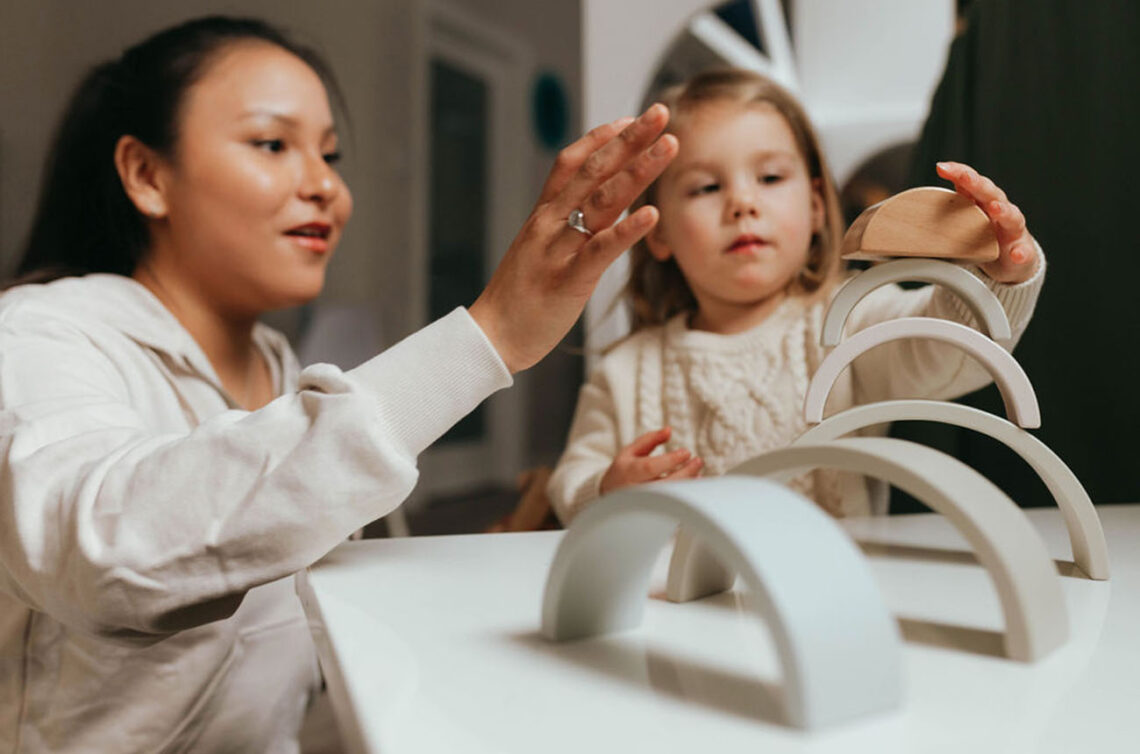
Childhood Education and Learning.
Supporting Learning at Home
Creating a supportive learning environment at home doesn’t require expensive materials or formal teaching credentials. The most powerful educational tool parents and caregivers possess is their engaged presence and understanding of how children naturally learn. By fostering curiosity, providing structure, and celebrating progress, families can significantly enhance their child’s educational journey.
Creating the Right Environment
A learning-friendly home environment begins with designating spaces that encourage focus and creativity. This doesn’t mean transforming your house into a classroom, but rather creating areas where children can concentrate, explore, and express themselves. A quiet corner with good lighting for reading and homework, accessible storage for books and supplies, and display space for artwork and achievements all contribute to a culture that values learning.
While complete elimination of noise and activity isn’t necessary or realistic in most homes, establishing boundaries around screen time and creating tech-free zones during study periods helps children develop focus and self-regulation skills.
The Power of Routine and Structure
Children thrive with predictable routines that provide security while building good habits. Establishing consistent times for homework, reading, and creative activities helps learning become a natural part of daily life rather than a struggle.
Morning routines might include time for educational podcasts or audiobooks during breakfast, while evening routines could feature family reading time or discussing the day’s learning experiences. Weekend routines might incorporate educational outings, cooking together, or working on longer-term projects.

Reading: The Foundation of All Learning
Reading together remains one of the most impactful activities parents can engage in with their children. This extends far beyond the early years when bedtime stories are common. Creating a rich reading environment means having diverse books accessible throughout the home, visiting libraries regularly, and modeling reading behavior.
Discussion is equally crucial. Asking open-ended questions about stories, encouraging children to make predictions, and connecting book themes to real-life experiences deepens comprehension while developing critical thinking skills. Simple questions like “What would you have done differently?” or “How do you think the character felt?” spark meaningful conversations that enhance understanding.
Learning Through Daily Activities
Some of the most effective learning happens during routine activities when children don’t even realize they’re being educated. Cooking together introduces mathematical concepts through measuring and fractions, scientific principles through chemical reactions, and cultural awareness through exploring different cuisines.
Grocery shopping becomes an opportunity to practice budgeting, compare prices, read nutritional labels, and discuss where food comes from. Gardening teaches biology, responsibility, and patience while providing hands-on experience with natural cycles.
Even household chores can be educational when approached thoughtfully. Sorting laundry by color introduces classification skills, while organizing rooms teaches categorization and spatial reasoning.
Encouraging Questions and Curiosity
Children are natural scientists, constantly observing and questioning their world. Supporting this curiosity means welcoming questions, even when they come at inconvenient times or when you don’t know the answers. “I don’t know, but let’s find out together” is a powerful response that models lifelong learning and research skills.
Encouraging children to form hypotheses about how things work, then testing these ideas through simple experiments or research, develops scientific thinking.
Supporting Homework and School Learning
Effective homework support involves finding the balance between assistance and independence. Rather than doing work for children, successful support means helping them develop problem-solving strategies, break large tasks into manageable pieces, and understand expectations.
Creating a consistent homework routine with minimal distractions, available supplies, and parental availability for questions establishes good study habits. Guide them toward resources, help them think through problems step by step, and celebrate their efforts as much as their achievements.
Communication with teachers enhances this support. Regular check-ins about classroom learning help parents reinforce concepts at home and understand how their child learns best.
Technology as a Learning Tool
While screen time requires careful management, technology can be a powerful educational ally when used intentionally. Educational apps, documentaries, virtual museum tours, and online courses provide access to learning opportunities that previous generations couldn’t imagine.
The key is purposeful selection and active engagement. Watching educational content together, discussing what you’ve learned, and connecting digital experiences to real-world activities maximizes technology’s educational value while maintaining family connection.
Building Confidence and Resilience
Academic success depends heavily on children’s belief in their ability to learn and overcome challenges. Parents play a crucial role in building this confidence by focusing on effort rather than innate ability, celebrating progress over perfection, and helping children learn from mistakes rather than fear them.
